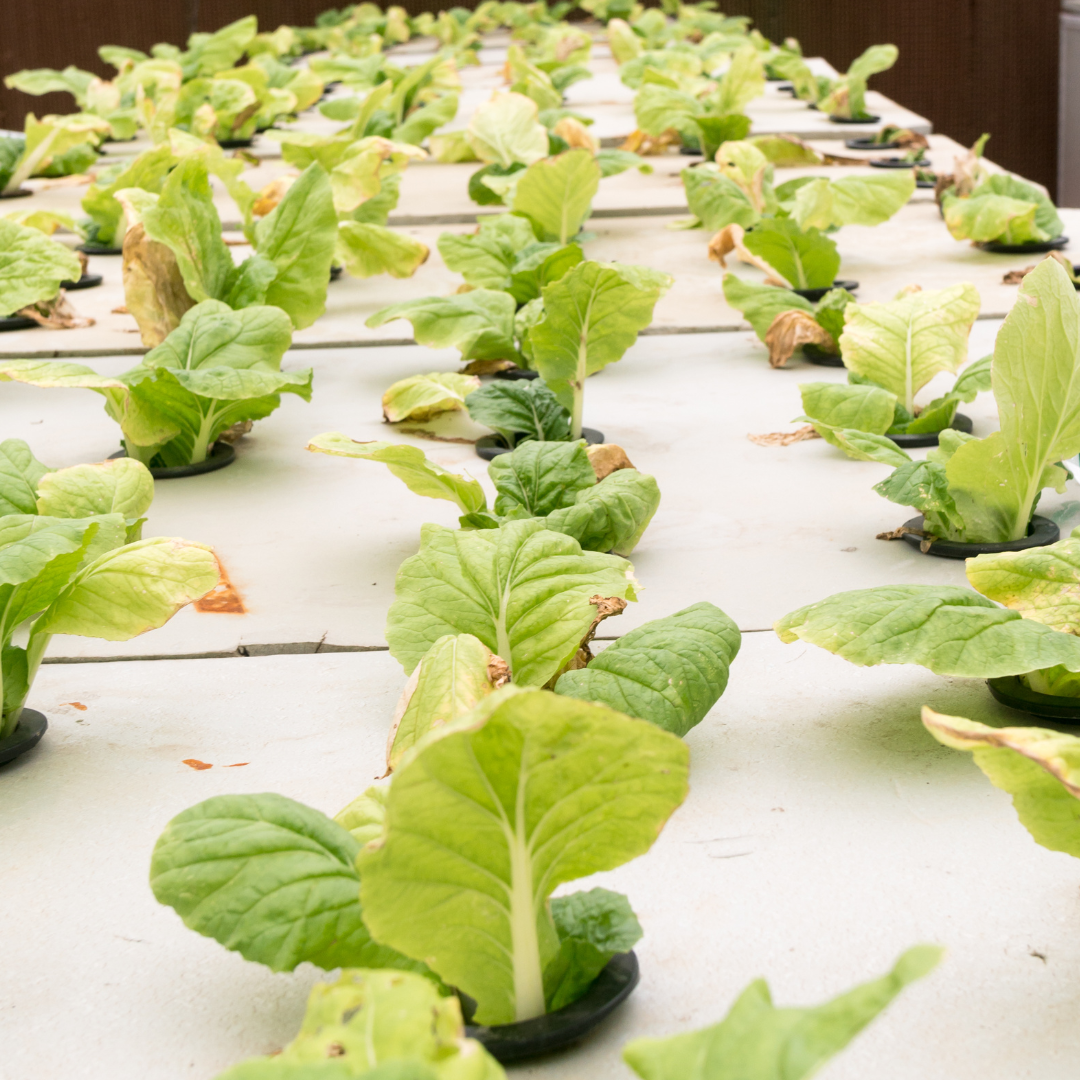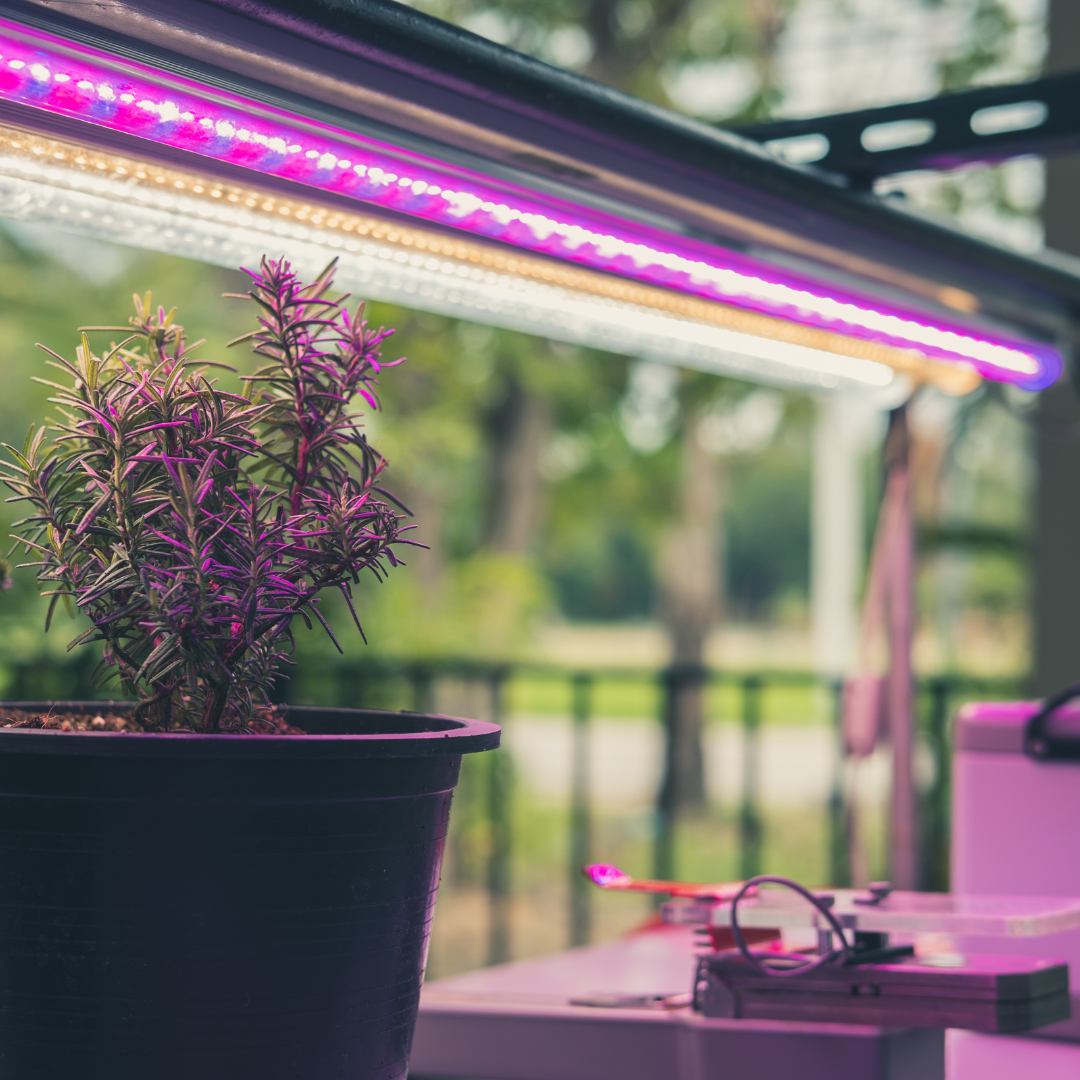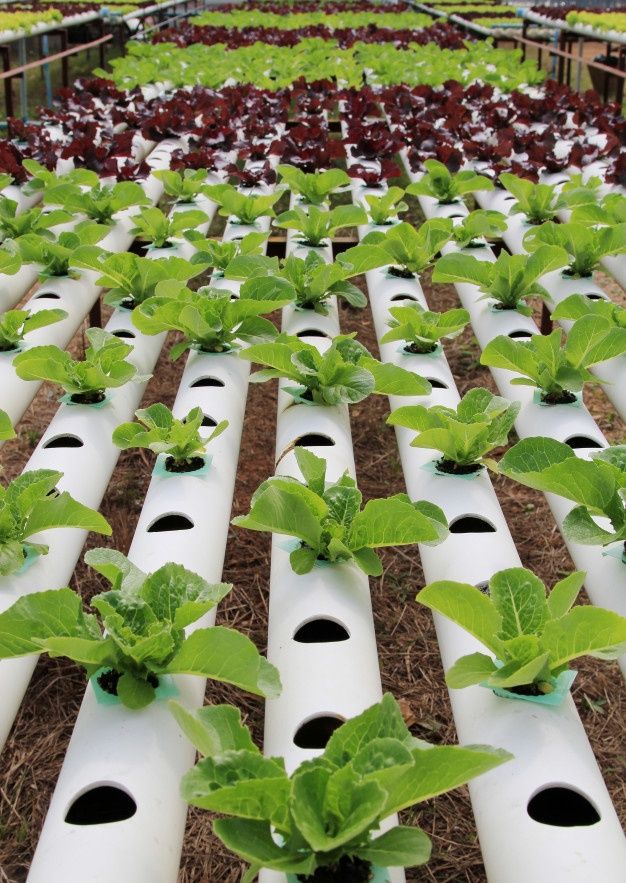Hydroponics is an innovative method of growing plants without soil, using nutrient-rich water instead. This technique has gained popularity among gardening enthusiasts and those looking to grow their food at home. However, beginners often encounter challenges that can hinder their success. In this blog post, we will explore some common mistakes made by hydroponics beginners and provide tips on how to avoid them.
Understanding Hydroponics
Before diving into the mistakes, it’s essential to understand what hydroponics is. In simple terms, hydroponics is a method of growing plants in a water-based, nutrient-rich solution.

This system allows for faster growth and higher yields compared to traditional soil gardening.
However, it requires careful management of various factors, including water quality, nutrient balance, and environmental conditions.
Common Mistakes to Avoid
1. Ignoring pH Levels
One of the most critical aspects of hydroponics is maintaining the correct pH level in your nutrient solution. The pH scale measures how acidic or alkaline a solution is, and it significantly affects nutrient availability.
- Optimal Range: For most hydroponic plants, the ideal pH range is between 5.5 and 6.5. If the pH is too low or too high, plants may struggle to absorb essential nutrients, leading to poor growth or even plant death.
- Regular Testing: Beginners often overlook regular pH testing. It’s crucial to invest in a good pH meter and check your nutrient solution frequently. Adjustments can be made using pH up or pH down solutions to keep the levels within the optimal range.
2. Not Providing Proper Lighting
Lighting is vital for plant growth, especially in indoor hydroponics. Many beginners make the mistake of using inadequate or incorrect lighting.

- Light Spectrum: Plants require different light spectrums for various growth stages. For instance, blue light is essential during the vegetative stage, while red light is crucial for flowering.
- Intensity and Duration: Too much light can cause plants to become leggy, while too little can stunt their growth. Beginners should research their specific plant needs and adjust the light intensity and duration accordingly.
3. Neglecting Nutrient Balance
Understanding and maintaining nutrient balance is another common pitfall for beginners. Hydroponic plants rely entirely on the nutrient solution for their growth.
- N-P-K Ratios: Nutrients are often represented by three numbers (N-P-K), which stand for nitrogen, phosphorus, and potassium. Different plants require different ratios at various growth stages. Beginners should familiarize themselves with the nutrient requirements of the plants they are growing.
- Regular Changes: Nutrient solutions should be changed regularly to prevent nutrient depletion and imbalances. It’s advisable to refresh the solution every two weeks or as needed.
4. Poor Water Quality
The quality of water used in hydroponics can significantly impact plant health. Many beginners underestimate the importance of clean, contaminant-free water.
- Water Source: Tap water may contain chlorine or other chemicals harmful to plants. Using filtered or distilled water can prevent these issues.
- Temperature: The water temperature should be kept between 65°F and 75°F (18°C to 24°C) to ensure optimal oxygen levels and prevent root rot.
5. Overcrowding Plants
Beginners often make the mistake of planting too many seeds or seedlings in a small area, leading to overcrowding.
- Space Requirements: Each plant requires adequate space to grow without competing for nutrients, light, and air. Research the space requirements for your specific plants to avoid overcrowding.
- Pruning: Regularly prune your plants to ensure they have enough room to grow and to improve air circulation, which can help prevent diseases.
6. Lack of Air Circulation
Air circulation is crucial in a hydroponic setup. Without proper airflow, humidity can build up, leading to mold and other issues.
- Ventilation: Ensure your growing area is well-ventilated. Use fans to promote air movement and maintain a stable environment.
- Oxygen Levels: In deep water culture systems, it’s essential to aerate the water to keep oxygen levels high. Consider using air stones and pumps to enhance oxygenation.
7. Not Monitoring Temperature
Temperature plays a vital role in the health of your hydroponic plants. Many beginners fail to monitor and control the temperature of both the air and the nutrient solution.
- Ideal Conditions: Aim to keep the air temperature between 70°F and 75°F (21°C to 24°C) and the nutrient solution temperature between 65°F and 75°F (18°C to 24°C).
- Effects of Temperature: High temperatures can decrease oxygen levels in the water, while low temperatures can slow plant growth.
8. Choosing the Wrong Crops
Selecting the right crops is crucial for success in hydroponics. Beginners often choose plants that are not well-suited for this method.
- Easy-to-Grow Options: Start with crops that are known to thrive in hydroponic systems, such as lettuce, herbs, and spinach. These plants are generally easier to manage and provide quicker results.
- Research: Before planting, research the growth habits and requirements of the crops you wish to grow to ensure they are compatible with your hydroponic system.
9. Neglecting Maintenance
Hydroponic systems require regular maintenance to function effectively. Beginners may overlook this aspect, leading to problems down the line.
- Cleaning: Regularly clean your system to prevent algae growth and other issues. This includes cleaning the reservoir, tubes, and any other components.
- Monitoring: Keep a log of your system’s performance, including pH levels, nutrient concentrations, and plant growth. This will help you identify patterns and make necessary adjustments.
10. Skipping Research and Education
Finally, one of the biggest mistakes beginners make is not investing enough time in learning about hydroponics.
- Resources: Utilize books, online courses, and community forums to educate yourself about hydroponics. The more you know, the better equipped you will be to troubleshoot issues and optimize your system.
- Experimentation: Don’t be afraid to experiment and learn from your mistakes. Keep a journal of your experiences to track what works and what doesn’t.
Conclusion
Hydroponics can be an incredibly rewarding way to grow plants, providing fresh produce right at home. However, beginners must be aware of common mistakes that can hinder their success.
By understanding the importance of pH levels, proper lighting, nutrient balance, water quality, and other factors, you can create a thriving hydroponic garden.
Remember, the key to successful hydroponics is continuous learning and adaptation. Happy growing!
